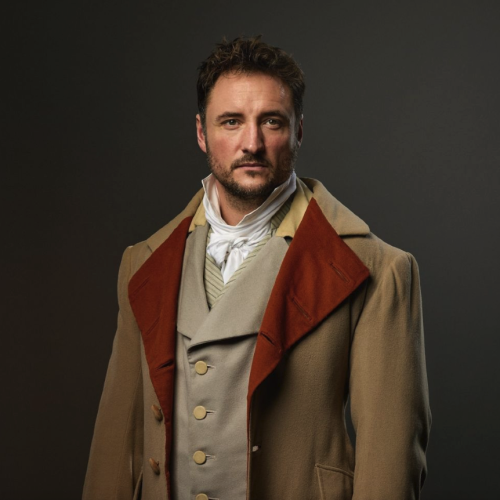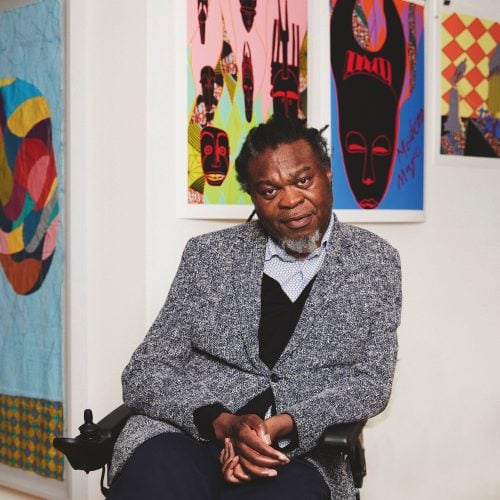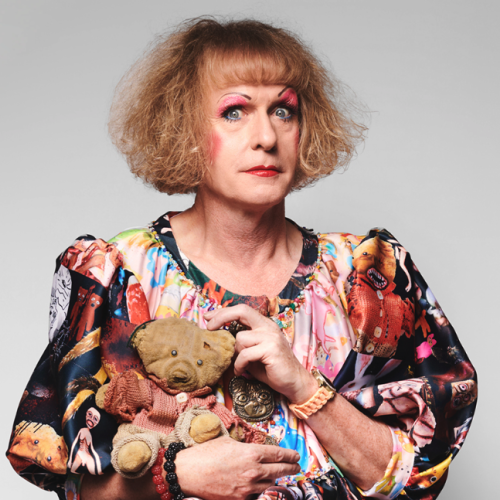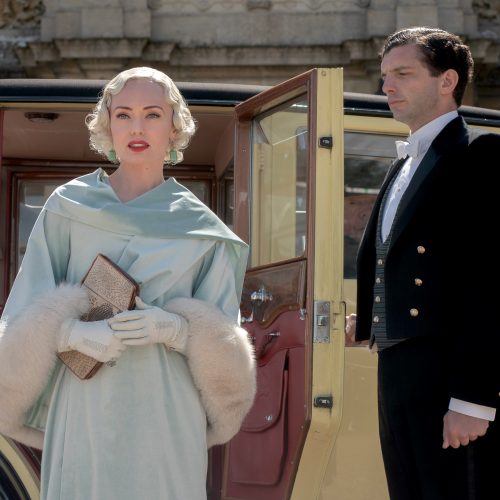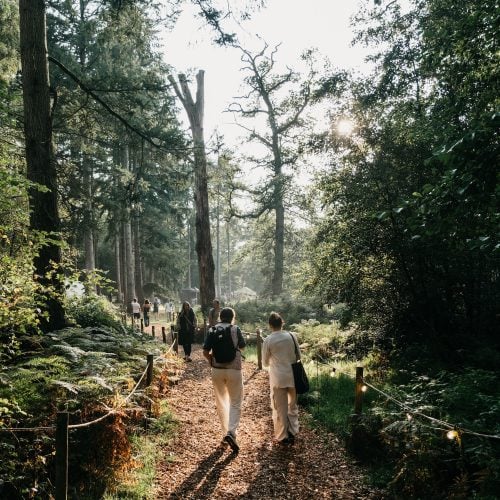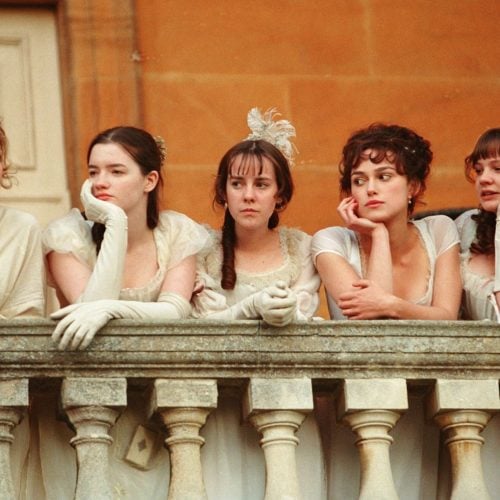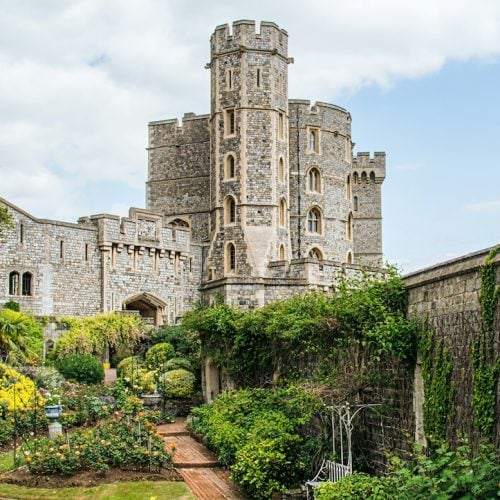How your child can get involved in award-winning theatre locally
Raising the next Meryl Streep? The Youth Theatre programme at The Watermill Theatre is the perfect way to break into local theatre and gain skills in everything from acting to backstage production.
You may also like











